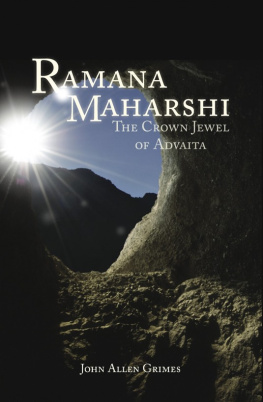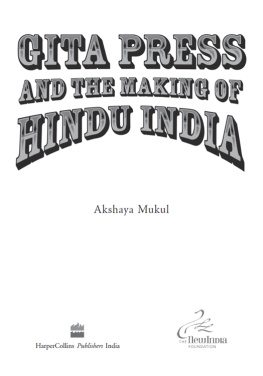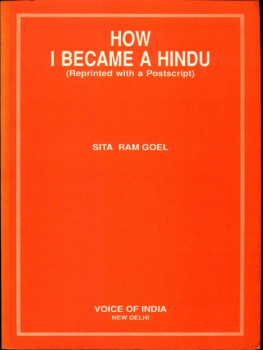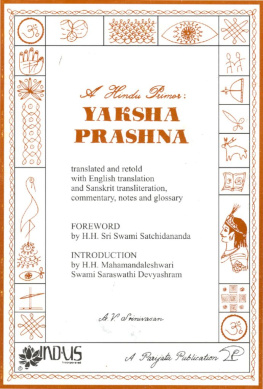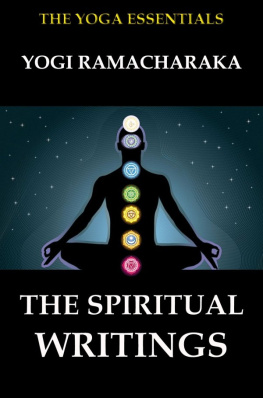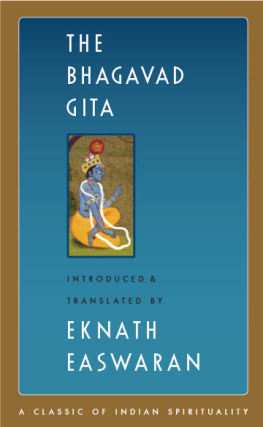Considering the importance and ubiquity of the mystical element within Hinduism, Harvey has done a fine job assembling a judicious collection.
Publishers Weekly
The scope of this anthology makes it a marvelous introduction to Hindu mystical traditions, while the power and the beauty of the language will inspire those already familiar with Hinduism and its literature.
Earth Star
Both learned and prophetic in its stance.
Library Journal
ABOUT THE BOOK
This anthology collects the most lyrical, passionate, illuminating writings of the Hindu mystical tradition. Andrew Harvey, the popular spiritual scholar and writer, has selected excerpts from ancient and contemporary sources, including extracts from the Bhagavad Gita, the Upanishads, and other classical Hindu texts; the words of such venerable spiritual teachers as Ramakrishna and Ramana Maharshi; and the devotional poetry of Mirabai, Ramprasad, and many others. The scope of this anthology makes it a marvelous introduction to Hindu mystical literature, while the power and beauty of the language will inspire those already familiar with the genre.
ANDREW HARVEY is the author of Son of Man: The Mystical Path to Christ and more than thirty other books. He has also published several collections of Rumi, including The Way of Passion.
Sign up to learn more about our books and receive special offers from Shambhala Publications.

Or visit us online to sign up at shambhala.com/eshambhala.
Teachings
OF THE
HINDU MYSTICS
Edited by
Andrew Harvey

SHAMBHALA
Boston & London
2014
SHAMBHALA PUBLICATIONS, INC.
Horticultural Hall
300 Massachusetts Avenue
Boston, Massachusetts 02115
www.shambhala.com
2001 by Andrew Harvey
The page constitutes an extension of this copyright page.
All rights reserved. No part of this book may be reproduced in any form or by any means, electronic or mechanical, including photocopying, recording, or by any information storage and retrieval system, without permission in writing from the publisher.
LIBRARY OF CONGRESS CATALOGING-IN-PUBLICATION DATA
Teachings of the Hindu mystics/edited by Andrew Harvey.
p. cm.
Includes index.
eISBN 978-0-8348-2684-7
ISBN 1-57062-449-6 (pbk.)
1. MysticismHinduism. 2. HinduismDoctrines. I. Harvey, Andrew, 1952
BL1215.M9 S43 2001
294.5422dc21
2001032779
I would like to dedicate this book to my beloved friend Leila Hadley Luce, with whom I have shared countless hours of delight and a profound love for India.
Contents
from the RIG VEDA
from the RIG VEDA
from the RIG VEDA
from the RIG VEDA
from the ATHARVA VEDA
from the TAITTIRIYA UPANISHAD
from the CHANDOGYA UPANISHAD
from the SHVETASHVATARA UPANISHAD
from the SHVETASHVATARA UPANISHAD
from the SHVETASHVATARA UPANISHAD
from the SHVETASHVATARA UPANISHAD
from the MUNDAKA UPANISHAD
from the BRIHADARANYAKA UPANISHAD
from the MANDUKYA UPANISHAD
from the TAITTIRIYA UPANISHAD
from the BRIHADARANYAKA UPANISHAD
from the BRIHADARANYAKA UPANISHAD
from the BHAGAVAD GITA
from the BHAGAVAD GITA
from the BHAGAVAD GITA
from the BHAGAVAD GITA
from the BHAGAVAD GITA
from the BHAGAVAD GITA
from the DEVI GITA
from the DEVI GITA
from the CHANDI PATHA
SHANKARACHARYA
SHANKARACHARYA
from the ASHTAVAKRA GITA
from the YOGA VASISHTHA
JNANESHWAR
DEVARA DASIMAYYA
MAHADEVIYAKKA
MAHADEVIYAKKA
MAHADEVIYAKKA
TUKARAM
MIRABAI
MIRABAI
MIRABAI
KABIR
KABIR
RAMPRASAD
RAMPRASAD
RAMPRASAD
RAMPRASAD
RAMPRASAD
CHANDIDAS
LALAN
FIKIRCHAND
RAMAKRISHNA
RAMAKRISHNA
RAMAKRISHNA
RAMAKRISHNA
RAMAKRISHNA
RAMAKRISHNA
VIVEKANANDA
VIVEKANANDA
VIVEKANANDA
VIVEKANANDA
RABINDRANATH TAGORE
RAMANA MAHARSHI
RAMANA MAHARSHI
NISARGADATTA MAHARAJ
AUROBINDO
AUROBINDO
AUROBINDO
AUROBINDO
AUROBINDO
AUROBINDO
AUROBINDO
M AX MLLER, the pioneering Indologist of the nineteenth century, wrote, We all come from the East and in going to the East everyone ought to feel that he is going to his old home full of memories if only he could read them. Those words have a specially poignant meaning for me, since I was born in India of parents who themselves were born in India, spent the first nine years of my life there, and have returned as often as possible since, always to try and drink deeper from the still-living springs of its ancient passion and wisdom. The texts that I am offering in this anthology have been intimate companions for many years; India, in all its faces and powers, has been at the core of my life and search. India is, and always will be, the old home of my heart and of my soul.
One of the first things I learned as a child about Hinduism is that the word itself is inaccurate. An old Indian scholar friend of my parents explained to me patiently one morning that Hindu was originally a geographical rather than a religious term, used first in the Persian empire and then by the Greek soldiers and historians who followed Alexander as he swept across the world, for those who lived on the banks of the Indus River, in what is now the Punjab. We Indians do not use this name, my friend said gently. We call our religion the Sanatana Dharmathe Eternal Way. He spelled out the magical Sanskrit syllables slowly for me and then wrote them out in big letters in my red school notebook. Being an inquisitive seven year old, I asked, Why do you call it the Eternal Way? He looked a little startled and then almost whispered, Because, my dear Andrew, it is eternal. The Sanatana Dharma, we believe, began when the universe was first unrolled out of the mind of God. It and creation began at exactly the same moment. Those words with their sense of a clear, majestic, changeless order thrilled me, and I repeated them to myself for years.
As a child, what I knew of this Sanatana Dharma was at once exotic and ordinary, homespun and picturesque. Hinduism for me was visits to temples where plump, smiling priests fed me sweets and introduced me to various gods swathed in brilliant yellow and purple silk; it was the garish shrines to Shiva and Vishnu by the side of the road, reeking of rancid butter, the festival of Holi with thousands of wild shriekers in the streets flinging fresh paint at each other, comic books with the stories of Krishna luridly fleshed out for children, the sound of temple bells echoing across moonlit fields, the tang of incense from our cooks tiny altar in the corner of his room. Once, as I was walking alone by the Jamuna River near our home, I saw an old holy man, a sadhu wrapped in a flame-orange robe, standing silently in prayer, his hands lifted in adoration to the rising sun; on his face I saw a look I had never seen in church, a look of still and incandescent devotion and tenderness; he seemed to be whispering to someone he knew very well and deeply. That afternoon I told my mother that I had seen a saint talking to God.
Later, when I came to discuss Hinduism with one of my colleagues at All Souls College, OxfordRobin Zaehner, the brilliant and eccentric translator of the Upanishads and Bhagavad GitaI learned that in many ways Hinduism is nothing like what we normally think of as a religion. The Sanatana Dharma is a gallimaufry of the most extravagantly varied faiths, rituals, customs, and beliefs; Hinduism has no single dogmatic authority and, until very recently in its history, no missionary zeal to convert others, since it has never seen itself as the one true religion or the only hope of salvation. Zaehner was, when I knew him, a fervent Catholic convert, but he loved to exclaim, If only the church had had the sense to allow so many different and seemingly contradictory approaches to God, how much saner its history would have been!
Next page
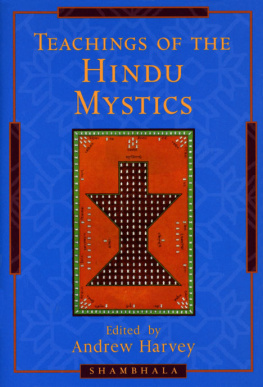
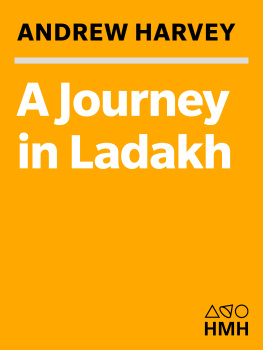

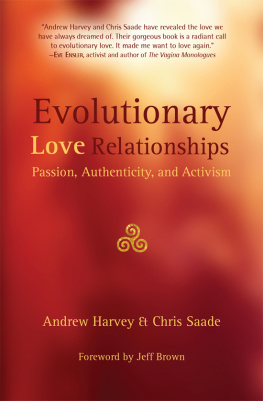
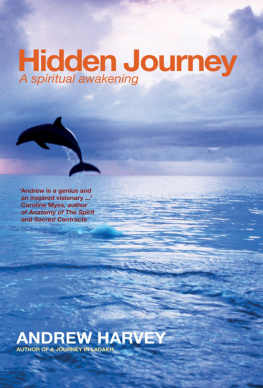
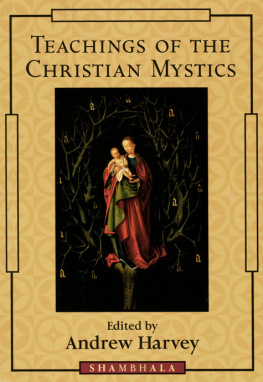
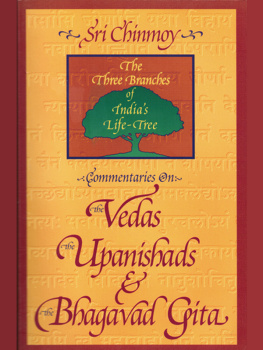

![Robinson - Interpretations of the Bhagavad-Gýÿ[U+0101] and images of the Hindu tradition: the Song of the Lord](/uploads/posts/book/231977/thumbs/robinson-interpretations-of-the.jpg)
